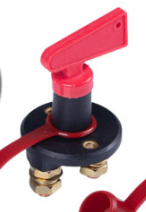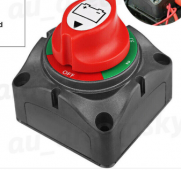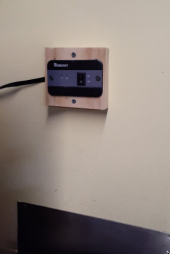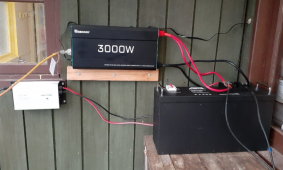Xenos
New Member
- Joined
- Mar 14, 2022
- Messages
- 31
I have an opportunity to select either a 2,000 watt or 3,000 watt pure sine 12 volt inverter as a prize in a competition.
I intend to connect it to a 300Ah LiFePO4 which will have 600 watts of solar panels.
It will be used infrequently.
On occasions for a 240 volt 340 watt washing machine.
An espresso machine every day and a 700 watt microwave in small bursts. Never all together.
The inverter will be connected directly to the battery and an AC power cord to the washing machine and the other appliance..
Is there any problem with using an inverter overrated for the washing machine and other appliances?
and really what would the benefit of taking up the 3,000 watt inverter?
I intend to connect it to a 300Ah LiFePO4 which will have 600 watts of solar panels.
It will be used infrequently.
On occasions for a 240 volt 340 watt washing machine.
An espresso machine every day and a 700 watt microwave in small bursts. Never all together.
The inverter will be connected directly to the battery and an AC power cord to the washing machine and the other appliance..
Is there any problem with using an inverter overrated for the washing machine and other appliances?
and really what would the benefit of taking up the 3,000 watt inverter?
Last edited:






